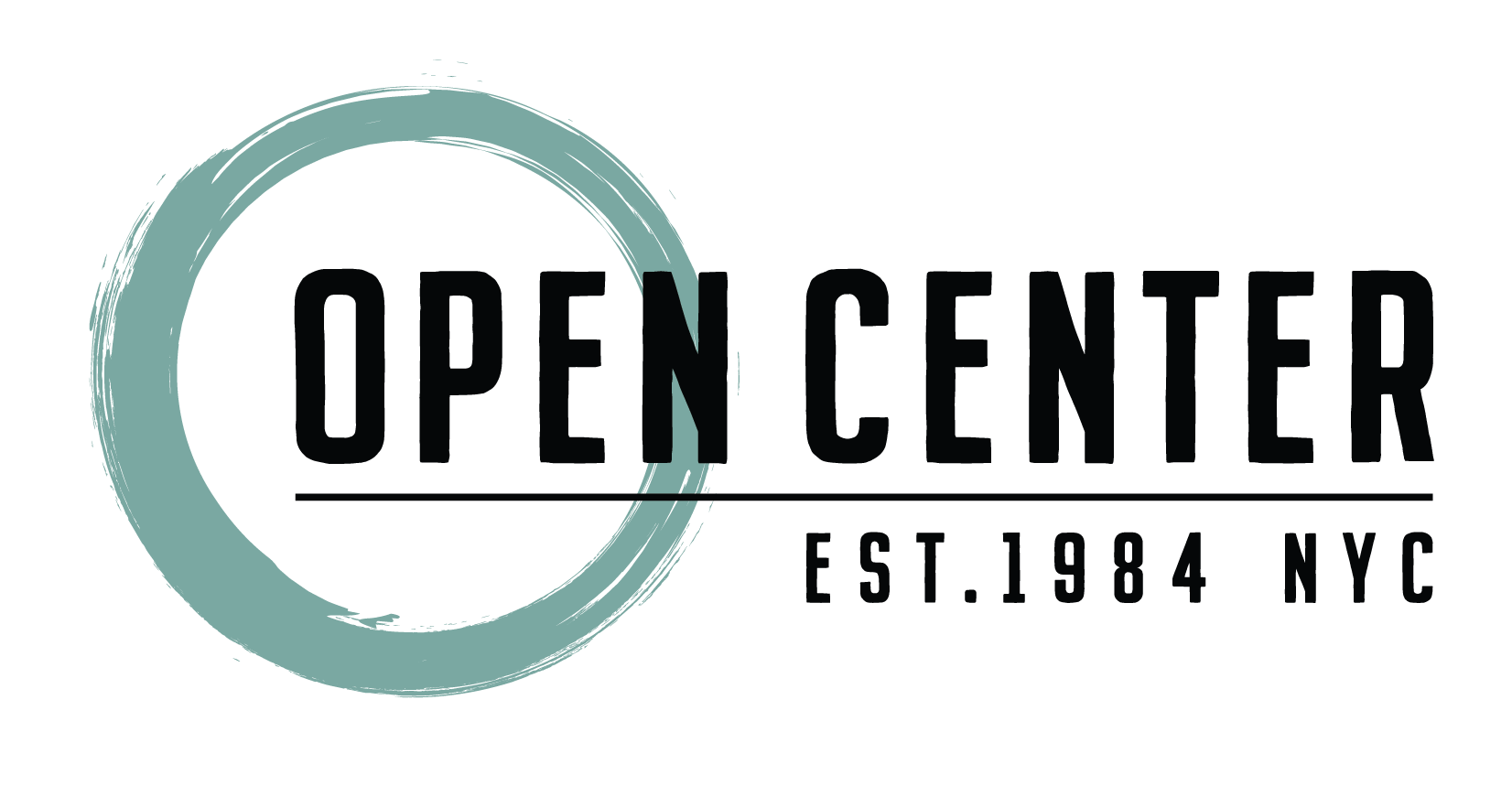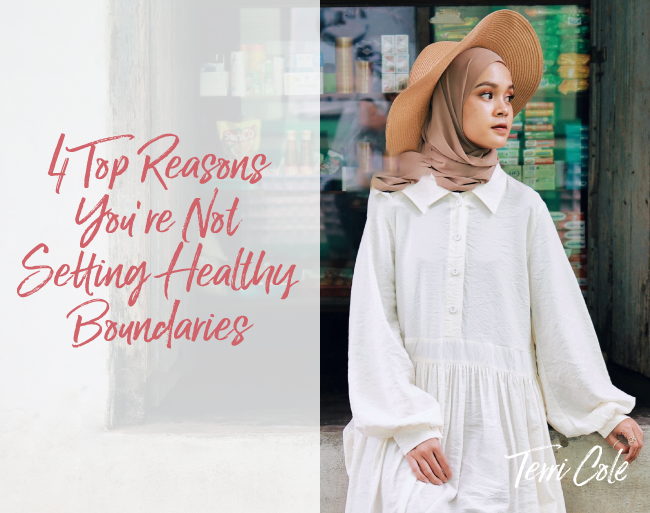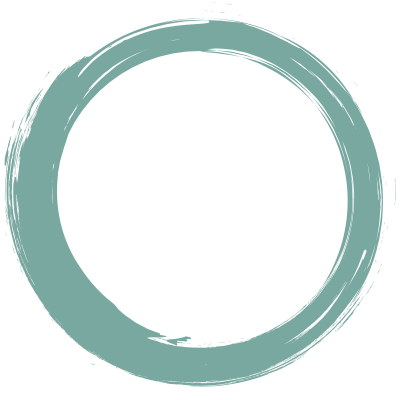4 Top Reasons You’re Not Setting Healthy Boundaries
4 Top Reasons You’re Not Setting Healthy Boundaries
By Terri Cole
Do you know why you don’t set healthy boundaries?
Or tell the truth about the way you feel?
Or say no when you want to say no?
If you know you could be setting better boundaries in your life but you’re not doing it, the first step to making a change is understanding the WHY behind your actions (or non-actions).
After 24 years in my clinical psychotherapy practice and coaching thousands of women the world over on how to implement healthy boundaries, I know getting out of your comfort zone, changing up the dance of your relationships, and asserting yourself can feel a little daunting. But I promise you, healthy boundaries set you FREE to be heard, seen and known.
In this episode, I’m sharing 4 reasons you’re not already a boundary-setting pro (spoiler: it’s not your fault), so you can get more clarity and begin to make the shift from boundary disaster to Boundary Boss!
Top 4 Reasons You’re Not Setting Healthy Boundaries:
1. It’s a learned skillset.
Did you learn about healthy boundaries in school or at home when you were growing up?
Probably not, right? Boundary setting is an art and a skill, so how could you possibly know how to do it if no one ever taught you?
Thinking you should just know the language of healthy boundaries without any study or instruction is basically like thinking you can just wake up fluent in Mandarin if you just want it bad enough or wish hard enough. Not possible.
It’s the same with boundaries. So don’t make yourself wrong or beat yourself up for not knowing how to do it. Instead, get committed to learning this life-changing skillset. It is absolutely doable.
2. We got bad intel.
So many of us were directly and/or indirectly taught NOT to have healthy boundaries.
Many women, in particular, were raised and praised for self-abandoning, codependent behaviors.
If you think back to your experiences growing up, did you get positive feedback for things like doing more than your share, self-sacrificing, or being “nice” no matter how you may have felt? Many of us received praise for being easy-going, for being seen and not heard, for being agreeable…the list goes on and on.
What kind of behavior was modeled for you? What did you learn about what it means to be a good person, a good worker, a good partner or a good parent? Did it mean bending over backward for other people, never asking for help and putting yourself on the back burner to care for those around you?
If over giving and making sure everyone else has what they need is on your list, you might have ingrained behaviors and beliefs limiting your ability to put healthy boundaries in place. The irony is that disordered boundaries can actually be a block to being authentically generous and kind.
As women raised with traditional gender roles, we are socialized to be the connectors, the nurturers, and the caregivers. That is a beautiful thing (if that’s your thing), but not if it comes at the expense of our own mental, physical and spiritual health.
3. Boundary myths are powerful.
Even if you never heard the word boundaries in this context when you were growing up, the myths and corrupted data associated with healthy boundary behaviors were alive and well, and securely planted in your unconscious mind.
Having healthy boundaries means knowing your preferences, desires and deal-breakers and the ability to clearly express them in your life and relationships.
Many of us have been conditioned to believe in order to be good women, everything should be OK. We should be fine. If we’re assertive, we’re demanding. If we ask for what we want or set a limit, we’re a diva or a bitch. If we talk about our feelings, we’re being dramatic.
“If you don’t have something nice to say, don’t say anything at all”… sound familiar? Think about all the sayings, stories and stereotypes out there around how women should and shouldn’t act.
I think it’s about time for us to blow up these boundary myths. They are outdated, antiquated and most importantly, so counterproductive for what the world needs right now and what we need right now.
We need and deserve to be self-expressed and self-determined. To stand in our personal truths and live our lives from a place of this deep recognition:
No one else sets our value or worth.
Not the patriarchy, not society, not our family, partners or friends.
Question these myths and decide to do the work to start a revolution within yourself. Changing the power structures in place requires your willingness to assert yourself in your life and all of your relationships. Healthy boundary skills are the path to REAL, lasting change and it all starts with you.
4. Fear of rejection.
The fear of rejection is primal and very human. Our beautiful brains and nervous systems are hardwired to stay safe within our pack. From a primal standpoint, it makes sense. Rejection or separation from your group way back in the day would very likely mean death.
Now, of course, we know consciously rejection doesn’t mean we’re going to die, but our brains and nervous systems left unchecked or unexamined could still be having an unconscious reaction to this fear on a day-to-day basis.
We have to reveal what rejection really means and learn to recognize the moments in which you go along to get along because you don’t want to jeopardize your social standing or your relationship or your job or wherever it is you might be having this kind of experience.
Fear of rejection also plays into codependent tendencies. Codependency is a desire to control the feeling states, outcomes, and choices of the people in our lives. A codependent person will position themselves to be indispensable to the people around them so they “can’t be” rejected. Codependency is a legitimate factor in why women, in particular, have such a challenge in creating healthy boundaries.
If this resonated with you, just know, you are not alone. You might have some unlearning to do, but the good news is it is absolutely possible (because if you learned it, you can unlearn it). Each and every one of us can become a boundary boss.
I’ve created a quiz to help you identify your unique boundary style, so you can get clarity around your current boundary baseline. Take the quiz here now and then let me know what you discover about yourself! You can drop me a comment here or hang out with me over on Instagram (tag me @terricole).
Let’s keep this important conversation going and continue to raise our collective awareness around the power of healthy boundaries. When you learn effective boundary skills, the quality of your entire life levels up. Talking true and being seen means more joy, more satisfaction, and more bandwidth to be the change you want to see in the world and your relationships!
If you are willing, you can learn and I am without a doubt, willing to teach you. I hope you have the most amazing week learning all you can about boundaries and as always take care of you.
*Originally published here https://www.terricole.com/not-setting-healthy-boundaries/.

Terri Cole is a licensed psychotherapist and founder of Real Love Revolution® and Boundary Bootcamp®. For the past two decades, Terri has worked with a diverse group of clients that includes everyone from mothers to Fortune 500 CEOs. In her therapy practice and online courses, she has guided thousands of women from around the globe through the liberating process of becoming their own Boundary Boss.
DON’T MISS:
Boundary Boss: The Essential Guide to Talk True, Be Seen and (Finally) Live Free
A Book Launch/An Afternoon Event
Sunday, April 25, 2021, 3:00 – 4:30 pm ET
MORE INFO | REGISTER NOW
More from the blog
A Special Thanks To Our Teachers
June 1, 2022/by Laurie JordanA Letter From Our CEO, Ross Guttler
May 25, 2022/by Laurie JordanShining the Spotlight on our Advanced Trainings
January 25, 2022/by Laurie JordanOpening Doors Episode 6: A Symphony of Breathwork Techniques with Roger Jahnke
January 25, 2022/by Laurie JordanRobert Bly (1926 – 2021): An Appreciation
December 10, 2021/by Laurie JordanMeet the Teacher: Faith Adiele
December 6, 2021/by Laurie JordanTracking Wonder – Book Excerpt
November 4, 2021/by Lesley RodriguezMeet the Teacher: Sister Kate
November 3, 2021/by Lesley RodriguezCelebrate Native American Heritage Month
October 29, 2021/by Lesley RodriguezReiki – Frequently Asked Questions
October 28, 2021/by Lesley RodriguezMeet the Teacher: Peeka Trenkle
October 9, 2021/by Lesley RodriguezMeet the Teacher: Felicia Cocotzin Ruiz
October 8, 2021/by Lesley RodriguezGET ON THE LIST
Subscribe to our newsletter to keep up with the latest news and program updates from The Open Center.



